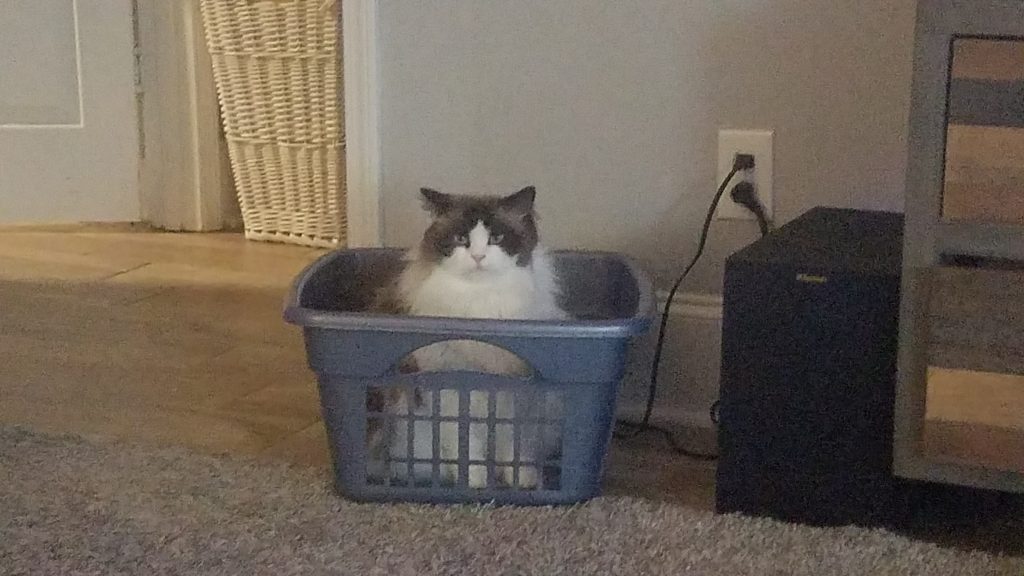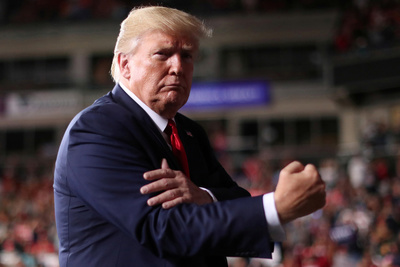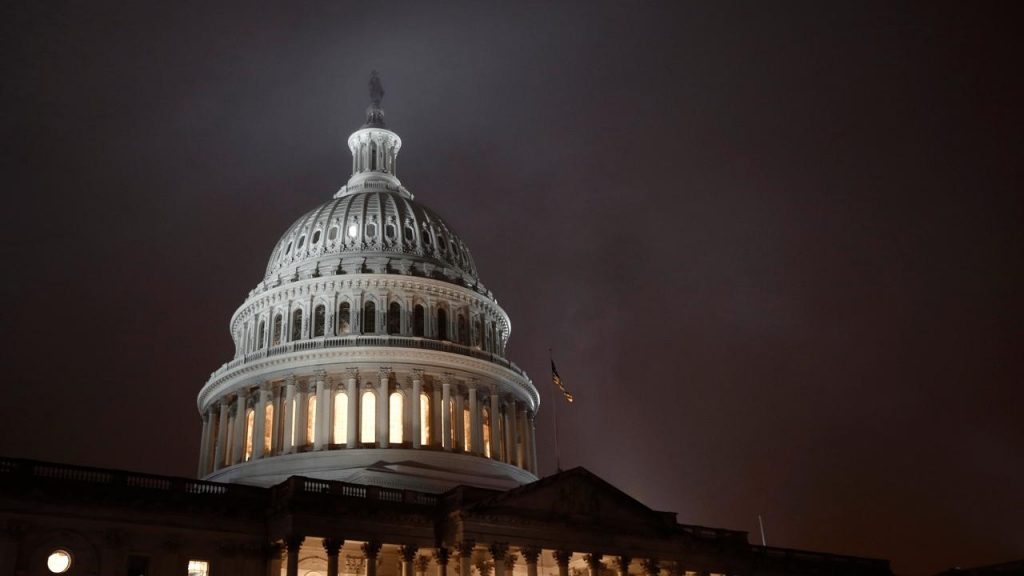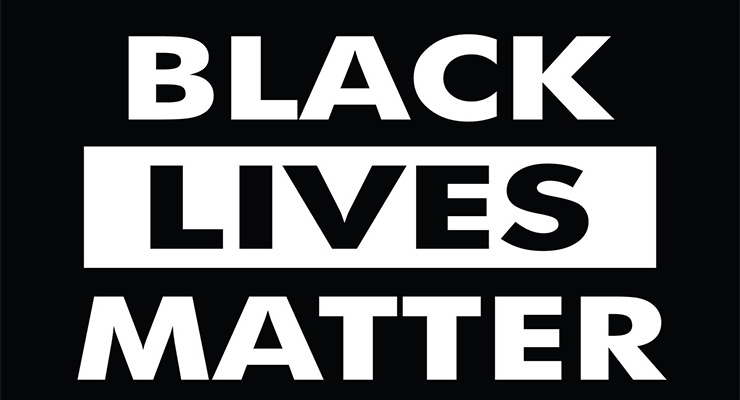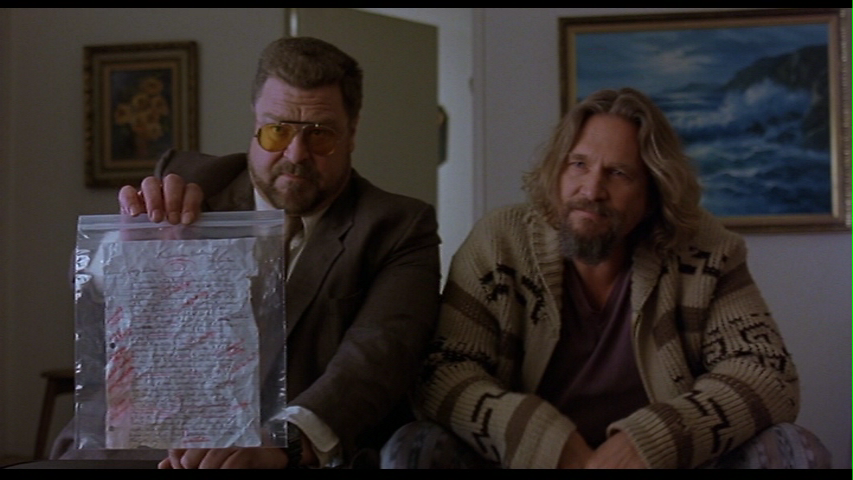Punishing Success Won’t Breed More Success
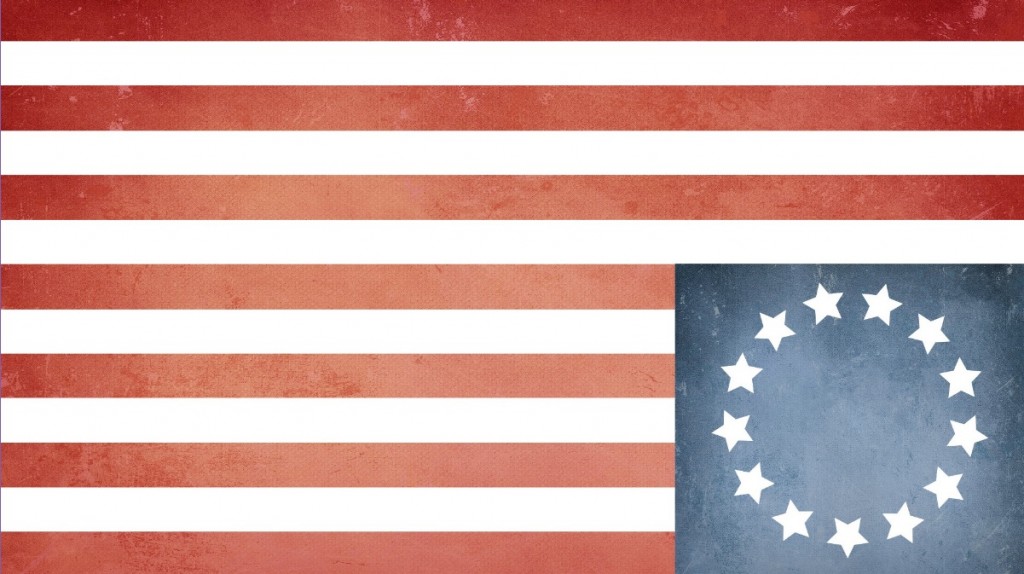 There exists a monstrous misunderstanding of the role of modern government, the central bank and, to be frank, reality. This is not 1776. I know that is difficult to accept for those that would deem themselves belonging in the pantheon of Jefferson and Washington (here’s to you, Senator Cruz), but it’s true: America will celebrate its tri-centennial in 2076 whilst New Orleans will celebrate hers in 2018. Pack that in your pipe and (don’t) smoke it, Your Holiness, Senator Cruz. I’ll mess with Texas.
There exists a monstrous misunderstanding of the role of modern government, the central bank and, to be frank, reality. This is not 1776. I know that is difficult to accept for those that would deem themselves belonging in the pantheon of Jefferson and Washington (here’s to you, Senator Cruz), but it’s true: America will celebrate its tri-centennial in 2076 whilst New Orleans will celebrate hers in 2018. Pack that in your pipe and (don’t) smoke it, Your Holiness, Senator Cruz. I’ll mess with Texas.
With the reprehensible disregard for gentleman’s agreements from the pot calling out the kettle aside, what in the Hell happened to the price of milk? Why are “Newport shorts in the box” $6+ even in “The Land of Dreams,” New Orleans?
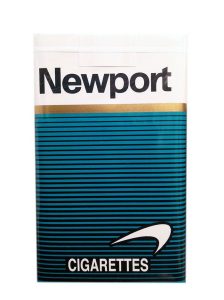
Well now, gather around, my fellow [insert your label lest anyone’s tender feelings be trampled]. Permit me my narrative, my diatribe, my explanation of terms like “quantitative easing” and, to hear Senator Cruz tell it, perhaps the final act of your life. For your apocalypse is now. Whatever.
Quantitative easing (QE), Fed board meetings, stimulus, austerity…
When President Obama (whom I do not personally disdain) has spoken often the past seven-plus years about “investment” (“we need to invest in…”) he means more spending. There exist two disparate schools of thought between far-left protégés of Saul Alinsky (such as the current POTUS) and supply-side (AKA “trickle-down”) economics like House Speaker Paul Ryan (R-WI).
![[image courtesy of NOLA.com]](https://www.modstate.com/wp-content/uploads/2016/09/SaulAlinskyNOLA-300x215.jpg)
So where’s the disconnect?
Despite the urgings of the left to point to the Clinton White House as “gotcha” point on the GOP, the president has very little direct control over the economy. Were it not for the astute management of then-House Speaker Newt Gingrich (R-GA), there would have been no balanced budget and subsequent surplus. There would’ve been no massive welfare reform (not really a bright spot for a Democratic president currently) and no mandatory minimum statutes on crime. Thus, as a side note, the current Democrat pandering to minorities on how the GOP is a bunch of meanies is disingenuous as not only did Bill Clinton sign the aforementioned tougher crime-and-punishment statutes into law (he could’ve vetoed it) but then went on to famously (and recently) defend it at a rally for Hillary Clinton.
We live in what is often referred to as a “mixed capitalist” system. While we clearly have a massive central (Federal) government that is more expensive (Obama’s 2008 election night promises of not adding even a dollar to the debt/deficit), less transparent (Solyndra. “Fast and Furious,” and the Iran deal falsehoods) and less effective (a $1 trillion investment in government jobs that…were temporary), America still leads the world in innovation. While we are a nation of consumers, it is not entirely honest to say we are not producers. Otherwise we would not have other nations (China, Russia) stealing our technology and cheating to get in our schools.
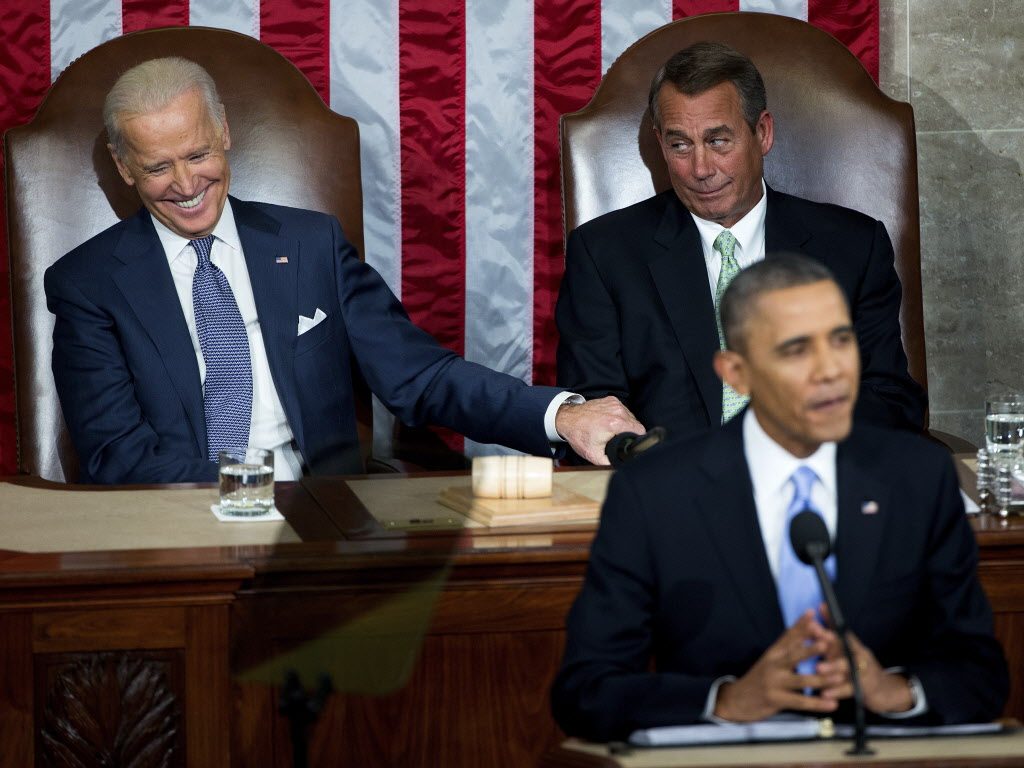
So aside from spending, what’s gone on the past eight years? Well, there’s the burning legacy of over half of the Obama administration tied to the inability to work out anything other than temporary, punt-the-ball deals with former House Speaker John Boehner (R-OH). Beyond that, it’s been all the Federal Reserve in terms of long-lasting, impactful policy measures. And no, sorry, Mr. President, but “shovel ready” (read: temporary) jobs neither count as policy nor do they last.
While everyone is likely aware of the Federal Reserve being our central bank (your banker’s bank and our government’s bank), what does that mean? And how does that affect the everyday American?
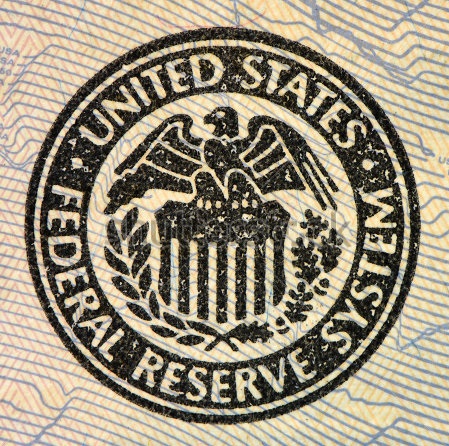
The Federal Reserve has kept interest rates (for home purchases, for instance) near zero whilst simultaneously printing money for the sole purpose of the Federal government to pay its bills with, several things happen. For one, should the rates ever increase significantly then there will be a ripple effect that will end the rally of the housing market. Why? Unlike now, you’ll need good (if not great) credit to buy a home, so you and the bombshell you met while in the Marine Corps have to either get mommy and daddy to cosign your home loan or move into a rental property until the money’s there for you to do so. Second, if you increase the amount of anything (rare or otherwise) exponentially in a short amount of time, it becomes less valuable. So, by increasing the amounts of dollars in existence, the value of the U.S. Dollar naturally went down. Therefore, it takes more of them to get things than it did with the Fed began QE (“Quantitative Easing”). Things like milk have been more expensive at times than gasoline, which is another example of an increase in quantity decreasing the value and subsequent market price. America began fracking (a term from the oil industry), increasing its own oil production while the OPEC (Arab energy conglomerate, basically) refuses to this day to seriously cut back on production. Thus, there remains a glut (or oversupply) of oil so your fuel prices remain low in spite of the devaluation of the dollar.
The third thing this has done is the most serious as pertains to the future, and that is in its increasing our national debt. In the past, the Treasury Department has simply sold one Treasury bond to pay back one purchased, say, forty years ago. No big deal, right? Then there weren’t enough bonds being sold to fund President Bush and President Obama’s spending at the same time the housing market crashed and General Motors and Chrysler nearly went bankrupt. So, the Federal Reserve said, “No problem, we’ll finance the debt.” This is where it could get confusing, so I’ll leave it here: they created extra, new dollars to pump into the economy and/or finance the Federal budget that weren’t based on anything other than the belief (which persists to this day) that they’re worth something. That is why Treasury bonds and the U.S. Dollar each are places where corporations all over the world and foreign governments choose to invest their money. In other words, some of our debt our governmental agencies owe one another (about one third of it, actually) and nearly another third is money we owe our own central bank. The remainder? Yes, that third-ish percent we owe to foreign governments (not just China but also The Bank of England, for example).
At the end of the day, the show rolls on here in America and you’re left wondering why you should care? For now, the simple answer is so you know the truth and can frame the narrative appropriately in your own mind so when homes become harder to buy and why milk and gas continue to cost more and, last but not least, when Social Security officially becomes insolvent (if it were a business, bankrupt) in the next ten to twenty years and it’s either rebranded or suddenly benefits are slashed and the retirement age raised…you’ll know why. Any individual (or group of individuals, say even a political party) who gives you a narrative other than this is either selling something you don’t want or asking for a vote you’re now too informed to give them.

Senator Bernie Sanders (I-VT) hasn’t been talking about capitalism (he owns four private residences); he’s been railing against crony capitalism. “It do what, now?” Long story short, the pattern in Washington D.C. has been akin to what Potter sneered at George Bailey for in “It’s A Wonderful Life” for giving a home loan to a lowly cabdriver: “Oh, uh-huh, see you shoot pool with the Bailey’s and you get yourself a loan.” Nepotism. Handing billion dollar contracts (see: Solyndra) to firms doomed to failure from day one, building bridges to nowhere (see: Palin, Sarah) or providing massive favors for friends (including foreign, um, “dignitaries”) while having a job as huge as Secretary of State.
Oh, now I’m picking on Hillary Clinton? No, I’m not. I’m merely pointing her out as an example (ironically) of the very reason many “educated” yet ignorant kids (see: League, The Ivy & many social protestors) think they hate capitalism. They hate it because of public officials providing contracts and jobs and other benefits to the same people who just so happen to be donating to their private, er, “charity” (see: The Clinton Foundation).
Don’t you dare point the finger at me or the much-maligned one percent, either. As long as they are conducting business within the confines of the law then there is nothing further to be said of it. Punishing the successful won’t create more success. It will only succeed in limiting the heights to which future would-be entrepreneurs and leaders can rise.
You wanna give/point the finger at the embodiment of what’s morally reprehensible about America (and an understandable platform for our weakened diplomatic influence abroad)? Look no farther than the one of four major nominees for our next president who said they’ve always tried to tell the truth.
 Bottom line? Drop the pitchforks and torches aimed at the one percent and grow up, pay attention and stop letting the poorly-coiffed and people who try to tell the truth play you for the fool. Stop keeping up with the Kardashians while Rome burns and remember that America is great enough to nearly double its national debt to over $19 trillion in a decade and not miss a beat. There’s still ample time for our Republic, if we can keep it.
Bottom line? Drop the pitchforks and torches aimed at the one percent and grow up, pay attention and stop letting the poorly-coiffed and people who try to tell the truth play you for the fool. Stop keeping up with the Kardashians while Rome burns and remember that America is great enough to nearly double its national debt to over $19 trillion in a decade and not miss a beat. There’s still ample time for our Republic, if we can keep it.
